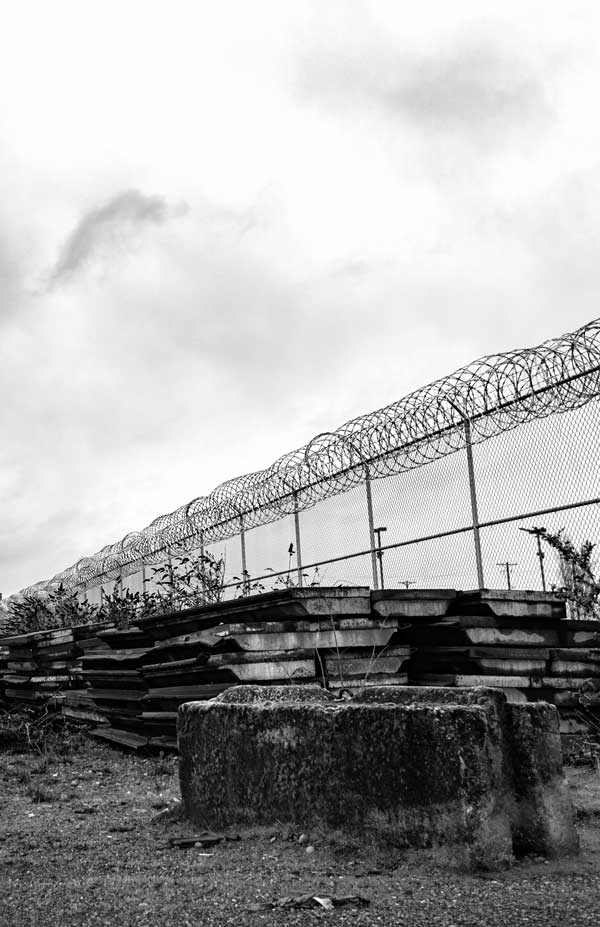The Human Becoming: A Lenten Devotional预览


Palm Sunday | Enough | Rev. Ben Robinson
On that day there were two roads leading into Jerusalem, and the people knew it. One road brought the governor, Pontius Pilate, sitting upon a warhorse, leading battalions of armor-clad Roman Soldiers through the main gate of the city. The people knew this was a reminder that if anyone thought of revolting, the Roman war machine would strike them down. The people knew this was what Rome called “peace”—the absence of war due to the threat of violence.
But the people also knew what was happening on the other road, the one that approached the eastern gate—the road Jesus traveled. The people knew the scriptures told them that the Messiah would enter through this gate on the back of a donkey and defeat the foreign army.
Jesus knew it too. Jesus watched the people wave palm branches—the traditional symbol for military victory. Jesus heard the people’s desperation as they cried out Hosanna, “save us.” Jesus knew the people wanted to be saved from Roman rule, but Jesus had something bigger in mind. Jesus wanted to save them from the peace of Rome.
The salvation Jesus offered was the road of the donkey; a road geographically and spiritually opposed to the road of the warhorse. Where the road of the warhorse relied on dominance and power, the road of the donkey relied on humility and self-sacrifice. The road of the donkey would lead to Jesus’ death, but it would not end there. This road would expose the peace of Rome as a futile attempt to control the future with violence, a vain attempt to kill God. This road kept going beyond death and journeyed on to new life, forgiveness, and salvation.
The road of the donkey brings good news to all; but it might not feel like it at first, because the road of the donkey does not let us control how we are saved. When the crowd saw Jesus, they cried out “save us,” but what they meant was to save us so we could be in control instead of the Romans. But that was not the salvation Jesus offered. Instead, Jesus offered to save them from a way of life where security could only be found through power and violence.
We ask Jesus to save us from all kinds of things. “Lord save us from loneliness, fear, weakness, from old age, humiliation, or just another month of scraping by.” “Save our city from violence, poverty, and fear.” These are the kinds of things we pray for and the things we want to control the most.
But in the same way, Jesus does not save us from violence by making us powerful, Jesus doesn’t save us from loneliness by magically providing a life partner. He doesn’t save us from fear by taking away all of the scary stuff. He doesn’t save us from that nagging sense that we aren’t good enough by filling us with superhuman abilities.
Instead, Jesus arrives, humble, riding on a donkey, and joins us in our loneliness, our fear, our weakness, saving us through vulnerability, risk, self-offering, and love. He says, to all of those fears, even in the face of the warhorse, “You are enough.” Just as I made you, you are enough. Just as you were knit together in the womb, you are enough. Tacoma, just as you are, you are enough.
This doesn’t fix everything or make everything magically better. I am not going to lie and say it is easy. We know where this story goes; Jesus rode into Jerusalem as simply himself, and he died.
But we also know the story doesn’t end there. The road he traveled opened the doors to the only life that’s worth living. It’s not a life of power and control and dominance. It’s a life of self-offering, vulnerability, and deep, abiding peace. It’s a life where we give up the image of what we are supposed to be. We let go of control, and join Jesus on the road of the donkey as we simply cry out “save us.” Lord, save us.
Reflection
Is there a word or phrase that stands out to you? What is it calling forth?
Discussion
What do you hope to be saved from? What role do power, control, and domination play in your life? What would vulnerability feel like instead?
Public Action
Walk the streets of your city, and as you walk each one, say to yourself, “(Your city's name), you are enough. Just as you are.” Look for signs of salvation through peace, humility, and self-sacrifice.
读经计划介绍

The Lenten journey is a counterintuitive journey to life by way of the cross. Each year at this time we are invited to turn and face those things from which we would rather run and hide. We walk to the cross where we experience the great unveiling and see things as they really are. We see God for who God is, and we discover ourselves for who we are.
More









